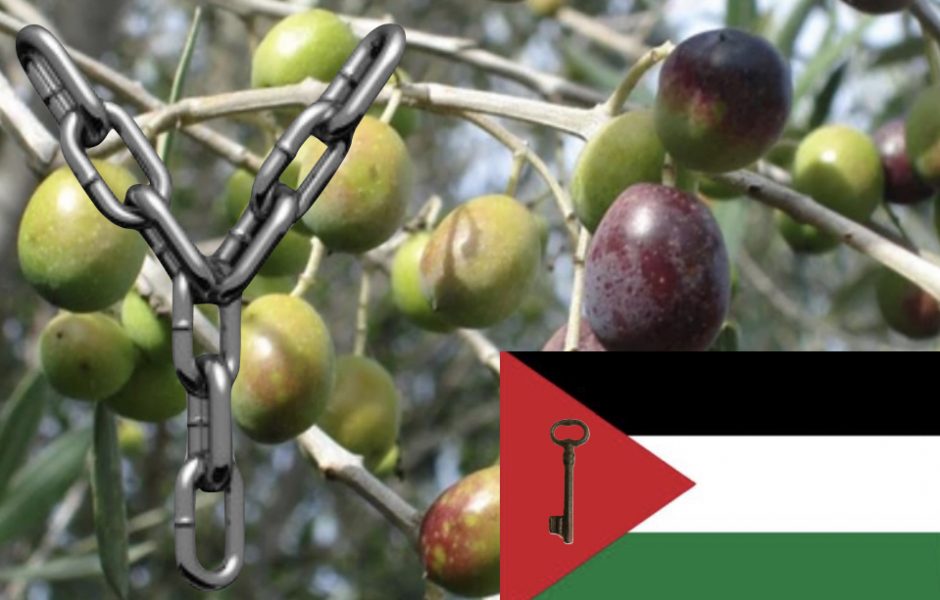By Phalapoem editor, 7/01/2025

For decades, Palestinians have endured unimaginable suffering at the hands of the Israeli apartheid regime—a system founded on the massacre and ethnic cleansing of the indigenous people of Palestine. Despite this tragic reality, the Palestinians’ resolve remains unshaken, and signs of their eventual victory are evident. Their struggle, rooted in justice and human dignity, is gaining global recognition, while the violent oppression of the Israeli regime continues to reveal its moral and political bankruptcy.
The Palestinians are the indigenous people of the land of Palestine, a fact that no amount of propaganda or historical revisionism can erase. The creation of Israel in 1948 came at the cost of ethnic cleansing during the Nakba, where over 700,000 Palestinians were forcibly removed from their homes. This displacement and ongoing oppression are not just historical injustices but daily realities for millions of Palestinians.
Despite decades of massacres, apartheid policies, and relentless attempts to erase their identity, Palestinians continue to resist. Their steadfastness in the face of overwhelming odds—both military and political—stands as a testament to their resilience. History has shown that indigenous peoples fighting for their land and freedom cannot be permanently subjugated, and the Palestinian cause is no exception.
Even as Gaza suffers under relentless bombardment, blockades, and starvation, and the West Bank grapples with the violence of illegal settlers, there are signs of hope. Globally, support for the Palestinian cause is growing. Protests in solidarity with Palestine are now a regular occurrence in cities across the world, from New York to London to Johannesburg. Activists, academics, and even some politicians are increasingly calling out Israeli apartheid for what it is.
The Boycott, Divestment, and Sanctions (BDS) movement continues to gain traction, isolating Israel economically and culturally. Public opinion in Western nations, particularly among younger generations, is shifting in favor of Palestinian rights. These are not insignificant developments; they reflect a growing awareness that Israel’s narrative of victimhood can no longer mask its role as the oppressor.
At the heart of Israel’s actions lies a deeply psychopathic societal mindset, one that dehumanizes Palestinians and normalizes their suffering. This mindset is evident in the casual brutality of Israeli settlers, who steal Palestinian land, burn farms, and attack civilians, often under the protection of the Israeli military.
The occupation forces themselves embody this psychopathy, operating as an instrument of state terror. In Gaza, children are bombed in their homes, hospitals are targeted, and food and water are weaponized as tools of starvation. In the West Bank, Palestinians are subjected to daily humiliations at checkpoints, home demolitions, and violent raids. This systematic cruelty is not the behavior of a society seeking peace but of one committed to domination and ethnic supremacy.
Israel’s apartheid regime persists largely due to the limitless military and political support it receives from the United States and European nations. Billions of dollars in U.S. aid fund the very weapons used to bomb Palestinian civilians. Political leaders in the West provide Israel with diplomatic cover, vetoing resolutions in international forums that seek to hold it accountable for its crimes.
This unwavering support for Israel, despite its ongoing genocide and starvation in Gaza, reveals the moral hypocrisy of Western nations. These governments champion democracy and human rights in their rhetoric but turn a blind eye to Israel’s open violations of international law.
Despite Western complicity, the tide is turning on the international stage. In a landmark decision, the International Criminal Court (ICC) recently issued an arrest warrant for Israeli Prime Minister Benjamin Netanyahu for war crimes. While the ICC’s ability to enforce such warrants remains limited, this is a symbolic victory for Palestinians. It signals that the global legal system is beginning to hold Israeli leaders accountable for their actions.
This development also sends a powerful message to the Israeli regime: impunity will not last forever. The world is watching, and the perpetrators of genocide and apartheid will face justice, whether in courtrooms or the annals of history.
One of the most visible manifestations of Israeli apartheid is the role of illegal settlers, who function as enforcers of Israel’s colonial project. These settlers, emboldened by the state and protected by the military, routinely terrorize Palestinian communities. They steal land, destroy crops, set homes on fire, and kill Palestinians—all with impunity.
Their actions are not random but part of a broader strategy to displace Palestinians and expand Israeli control over the West Bank. Yet, the resistance of Palestinians in the face of these daily atrocities is a powerful reminder that they will not be driven from their land.
Palestinians will win because their cause is righteous and rooted in truth. Justice cannot be suppressed indefinitely. The global tide of support, combined with the growing isolation of Israel as an apartheid state, indicates that the moral arc of history is bending toward Palestinian liberation.
The world is increasingly recognizing that this is not a conflict between two equal sides but a struggle between an oppressed people and their oppressor. From grassroots activists to international organizations, the movement for Palestinian justice is gaining momentum.
Palestinians have the power of their resilience, the support of global solidarity, and the inevitability of justice on their side. While the road to freedom may be long and filled with tragedy, history shows that no oppressive regime lasts forever. Apartheid fell in South Africa, and it will fall in Israel, too. The Palestinian people, as the indigenous owners of the land, will prevail.








